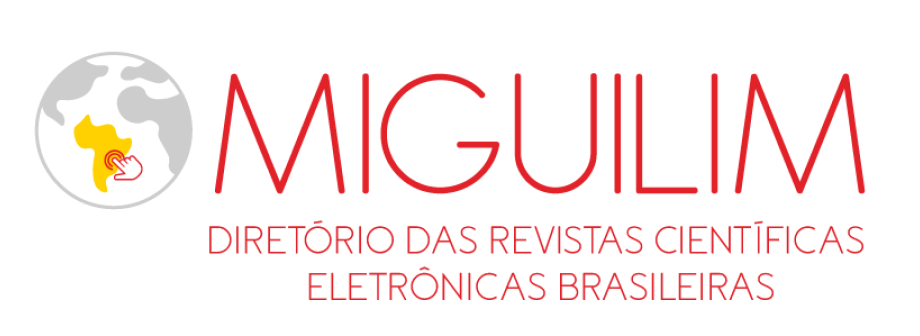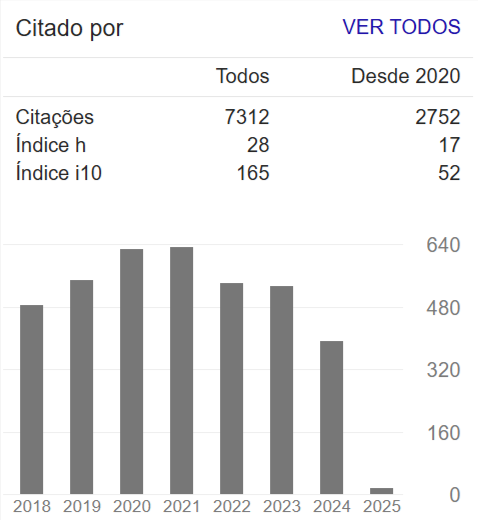Groundwater remediation methods based on noble metal catalysts – results from the pilot unit Treatment Train
Resumo
Water phase as well as gas phase catalysis using noble metals is a promising technology for water treatment. However, catalytic reactions are in general hampered by catalyst deactivation due to complex water chemistry, especially the presence of reduced sulfur species. In a mobile pilot scale treatment unit (Treatment Train) techniques were developed to, (i) optimize reaction rates and, (ii) to increase the stability of the catalysts against deactivation. Examples are presented for both, water phase catalysis and gas phase catalysis. Approaches for the water phase rely on tailored support materials for catalyst protection while in the gas phase pretreatment of the poisonous compounds is favored.

















